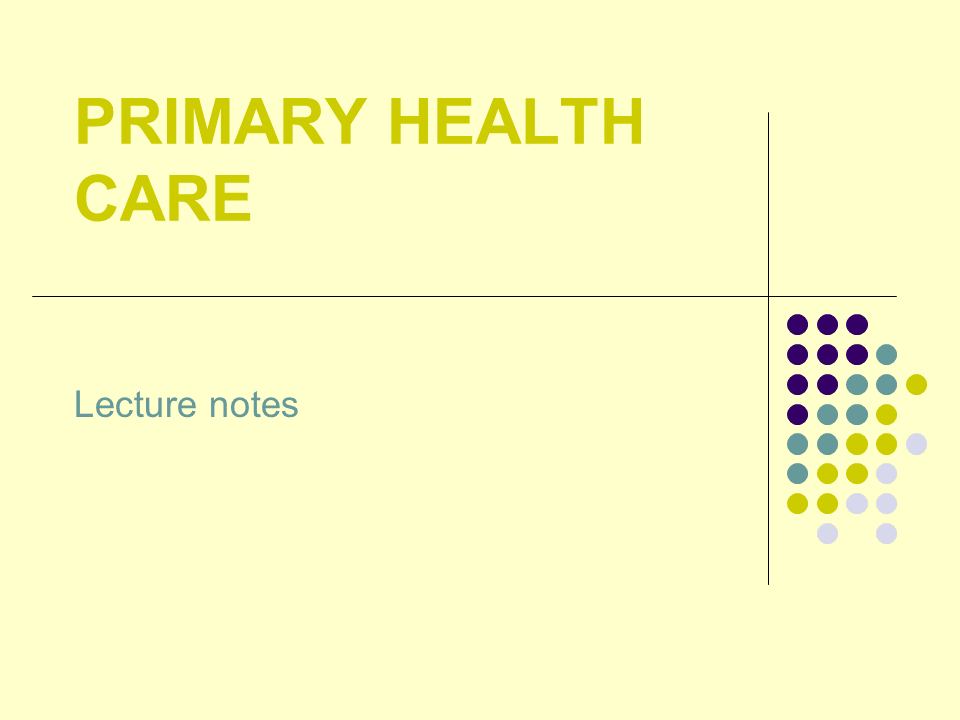- Vitamin Supplements
- Pharmacology
Fat Soluble Vitamins ; A,D,E and K
- Reading time: 4 minutes, 35 seconds
- 163 Views
- Revised on: 2020-08-19
Vitamins are organic compounds made up of carbon, hydrogen, oxygen and sometimes nitrogen and other elements. They are divided into two broad classes: water-soluble (B-complex vitamins and C vitamins) and fat-soluble vitamins (A, D, E and K).
They are chemical compounds that the body needs in small amounts to help it function properly, thus are referred to as micro-nutrients. They are individual molecules and do not provide energy but are needed for the metabolism of energy.
Vitamins facilitate biochemical reactions within cells to help regulate body processes such as growth and metabolism, they are essential to life.
Some have hormone-like activity, others are components of enzymes, such that the enzymes act as a co-enzyme in metabolic reactions (an organic substance that attaches to the inactive form of an enzyme; this combination makes the enzyme an active compound capable of bringing about chemical reactions.
The body cannot manufacture most vitamins meaning they must be supplied by food or by vitamin supplements except for vitamin K and D.
Classification of Vitamins
Vitamins are categorized in terms of their solubility essentially affecting how vitamins are absorbed and transported in the body.
They are classified as:
- Fat-soluble vitamins
- Water-soluble vitamins
Fat-Soluble Vitamins
These are stored in the body's cells and are not excreted as easily as water-soluble vitamins.
They do not need to be consumed as often as water-soluble vitamins, although adequate amounts are needed. Too much of a fat-soluble vitamin can become toxic in the body.
Are absorbed from the GIT in the same manner as fats; bile is required for absorption from the small intestine. Thus, any disease condition that interferes with the absorption of fats may also inhibit the absorption of these vitamins.
They are more stable and are not easily lost in cooking and storage.
These include vitamins A, D, E and K.
Vitamin A
Vitamin A is an essential nutrient for vision, growth, and development, cell recognition, immune function, and reproduction.
The dietary sources of vitamin A from animal sources (retinol) include:
- Fortified milk,
- Cheese,
- Cream,
- Butter,
- Fortified margarine,
- Fish oil,
- Liver and eggs.
Beta-carotene from green and yellow plant sources include:
- Leafy dark green vegetables;
- Dark orange fruits (apricots, cantaloupe) and,
- Vegetables (carrots, winter squash, sweet potatoes, pumpkin).
Vegetable sources that are rich in carotenoids are:
- Pumpkin, carrots, squash and other orange-colored vegetables
- Sweet potatoes
- Orange-colored fruits, such as cantaloupes, papayas, and mangos
Functions of Vitamin A
- Vitamin A is required for vision.
- Adaptation to changes in light.
- Maintenance of epithelial tissue, to prevent infections thus healthy skin and mucous membrane.
- Bone and tooth growth.
- Immune system health.
Pregnant women and those in developing countries are most at risk of vitamin A deficiency. Too much of it leads to hypervitaminosis.
Retinol is the predominant, active form of vitamin A found in the blood. Retinyl palmitate is the storage form of the vitamin.
Beta-carotene is a precursor of vitamin A and is found in plants.
This "pro-vitamin," in itself an antioxidant, is converted into vitamin A as needed by the body, so there is no risk of overdose or toxicity.
Vitamin D (Calciferol)
Vitamin D is also known as the sunshine vitamin. With sufficient exposure to ultraviolet light or sunshine, the body can manufacture its own supply of vitamin D.
It begins the conversion process of the vitamin D precursor 7-dehydrocholesterol (in the skin) to cholecalciferol, the active form of vitamin D in the kidney.
It is estimated that sensible sun exposure on bare skin for 5-10 minutes 2-3 times per week allows most people to produce sufficient vitamin D, but vitamin D breaks down quite quickly, meaning that stores can run low, especially in winter.
Dietary sources
The dietary sources include;
- Milk,
- Butter,
- Animal ghee,
- Cheese,
- Fatty fish,
- Fish and cod liver oil
- Egg yolks,
- Liver,
- Fortified milk and fortified margarine.
Functions
It helps the body to absorb and use calcium and phosphorous to build healthy bones and teeth.
Support the health of the immune system, brain, and nervous system.
Regulate insulin levels and aid diabetes management.
Support lung function and cardiovascular health.
Influence the expression of genes involved in cancer development.
Vitamin E (Alpha-tocopherol)
The dietary sources are;
- Vegetable oils (corn, soy, sunflower and cotton seeds),
- Nuts,
- Green leafy vegetables and
- Fortified cereals,
- Legumes,
- Corn, nut, whole grains and
- Wheat germ.
It acts as an antioxidant to protect body cells against the effects of free radicals, which are potentially damaging by-products of energy metabolism.
Free radicals can damage cells and may contribute to the development of cardiovascular disease and cancer.
It protects essential fatty acids, the requirement for vitamin E increases with the number of polyunsaturated fats in the diet.
It also protects vitamin A from oxidation in the intestinal tract and is added to vitamin A supplements.
Vitamin K
There are a number of compounds with vitamin K activity such as menaquinone, which is produced by bacteria in the intestinal tract.
Another is phylloquinone found naturally in foods such as dark green vegetables, in lesser quantities in dairy products, cereals, meats and fruits, and menadione synthetically made.
Vitamin K is necessary for the synthesis of the proteins that help control bleeding (clotting factors) which are important in the normal clotting of blood.
Consuming the minimum recommended daily amount (RDA) of your daily fruit and vegetables can be challenging. We recomment that you take your time and have a look at the Best green superfood powder products on the market to boost your daily vitamin requirements and your overal health.






